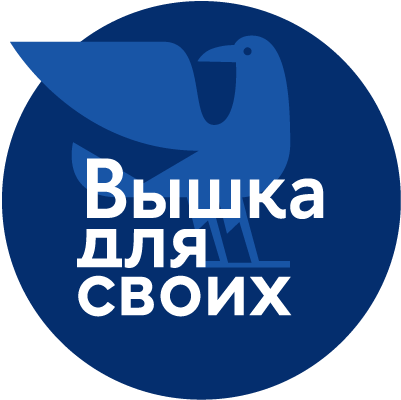- A
- A
- A
- АБB
- АБB
- АБB
- А
- А
- А
- А
- А
Moscow Discovery for HSE Student from China
This summer Lin Yang, a master’s student at ICEF, won one of the prizes in the creative contest ‘How I decided to come study at the HSE’ for his work ‘The Journey of my HSE Life’. HSE News Service has taken the opportunity to talk to Lin about his experience studying and living in Moscow.
— How did you decide to study at the HSE?
— It's a combination of my professional interests and personal connections. I was studying at the University College London for Study Abroad where I heard about the ICEF – London School of Economics programme. I have a few good friends who are actually from Russia and they described this programme to me first and supported my idea to go to the HSE Moscow.
— How does studying in Russia compare to studying in China or the US?
— In Russia the study process is quite intense yet knowledge based. It is very similar to China in this way. And it’s really similar to Britain because here also there is a separation between lectures and seminars. Because ICEF has this close collaboration with the London School of Economics we often have guest lecturers from LSE so the atmosphere is similar to UK. We have some discussions in class and we are able to think independently outside class.
— So what have been the biggest challenges for you about living and studying in Moscow?
— Surprisingly, I haven’t really encountered much challenge so far. Although the weather here is sometimes a little bit gloomy, especially in winter. But the summer compensates for that with lots of sunshine. And maybe the language...
— Have you been learning Russian?
— Yes, I can speak some Russian and next year I want to attend Russian-language lectures because I think it is extremely important to learn the language of the country you are living in.
— And what are your plans for after you graduate?
— I am thinking of doing a PhD, actually back in the US, a PhD in neuroeconomics, which is a combination of neuro science, psychology and economics. In general economics is about making the optimal decisions to allocate resources, to improve the quality of life. So, neuroeconomics is a neuro imaging technology to study the process of decision making. It is based on brain imaging that is used to understand the internal mechanism of decision making.
The other option is something in the business world between Russia and China. I think the ties between Russia and China are getting stronger and stronger, mostly political ties. So in the future there will definitely be a demand in the economic field.
— What advice can you give to international students who are planning to come to Moscow and to the HSE?
— I would say, try to be open-minded because that is the whole idea about studying abroad – learning some differences and learning to respect other cultures and to compare ourselves with another cultures to reflect on our own behavior. Studying abroad gives us the opportunity to realize and discover such things and give us more freedom to live the way that we want to instead of being molded by society or being told what to do.
HSE News Service

